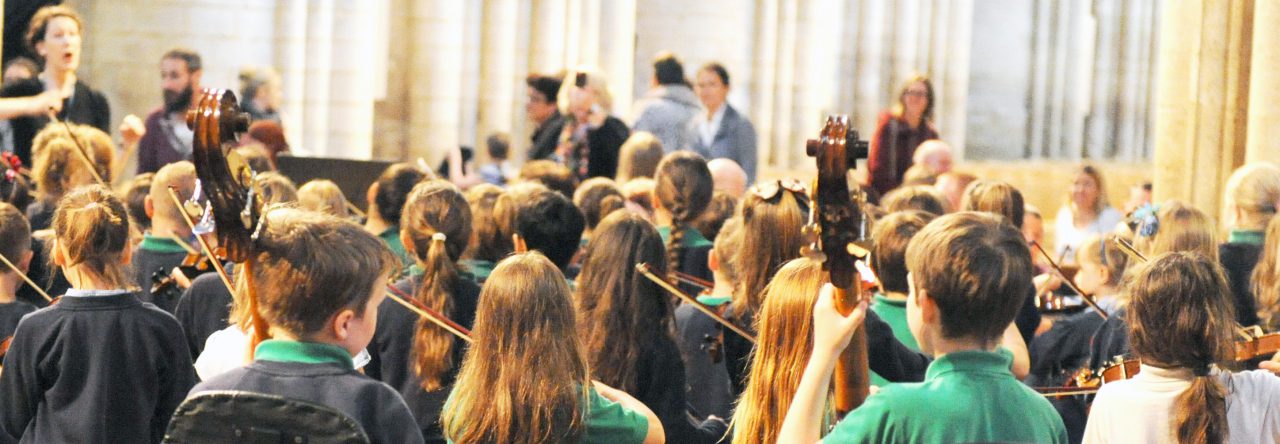Part 3: Two more scenarios
Before I say more about the use of talking points in the development of oracy in the music classroom, I owe my readers two more scenarios. Music teacher Josh from Birmingham has generously offered:
Scenario 4: Muslim heritage and music
The pupil is preparing to perform a piece of music for the class. They have brought in a daf drum. The teacher wants to know more and this leads to a discussion about the pupil’s Muslim heritage and surrounding beliefs.
Responding to Josh’s suggestion we might frame this with the question ‘what is meant by the term ‘musical heritage’?
A big question perhaps opening up discussion about the idea of ‘mixed musical heritage’ and the question: surely music can be separated from fixed cultural associations?
Wait a minute you will be thinking – do we really want music lessons to become talking shops?
No, beware of the lure of such a thing. If our talking doesn’t enhance our making, our beliefs and values and wider musical understanding, such talk will be counterproductive, a birth-strangled babe.
Perhaps think in terms of talking episodes, mostly short, integrated into the making process, and just occasionally more sustained.
Josh offers another possible scenario.
Scenario 5: Authenticity and the music industry
In a Sixth Form lesson, a pupil asks an off-topic question and wants to know whether the teacher watches Britains Got Talent. The teacher says they don’t like it. This leads to a discussion about the commodification of music and authenticity in the music industry.
One pupil then starts giving examples of music that feels ‘plastic’ to them. The teacher asks what music feels authentic to them. This leads to a lively discussion about Ella Fitzgerald and Rag’n’Bone Man.
The teacher introduces them to Adorno’s thinking on popular music. Most pupils can see the examples of ‘standardisation’ but don’t agree that makes the music not authentic. Some pupils ask for an Adorno reading at the end of the lesson.
In these scenarios we see pupils reaching into ‘why music?’ and the exploration of meaning and value in music. And we should note that the search for meaning has become a recognised category in both the Model Music Curriculum and the recent Ofsted Research Review.
Enough of Part 3. Part 4 will get into the role of talking points in the development of oracy in the music classroom.
But don’t forget: oracy thought of as a short episodic feature of classrrom practice, best integrated into making processes and just occasionally more sustained (perhaps as home work through social media).
And part of the claim that music is a subject of substance, thoughts and ideas contribution to ‘the conversation of mankind’ (as the distinguished educational traditionalist Michael Oakshott put it).
